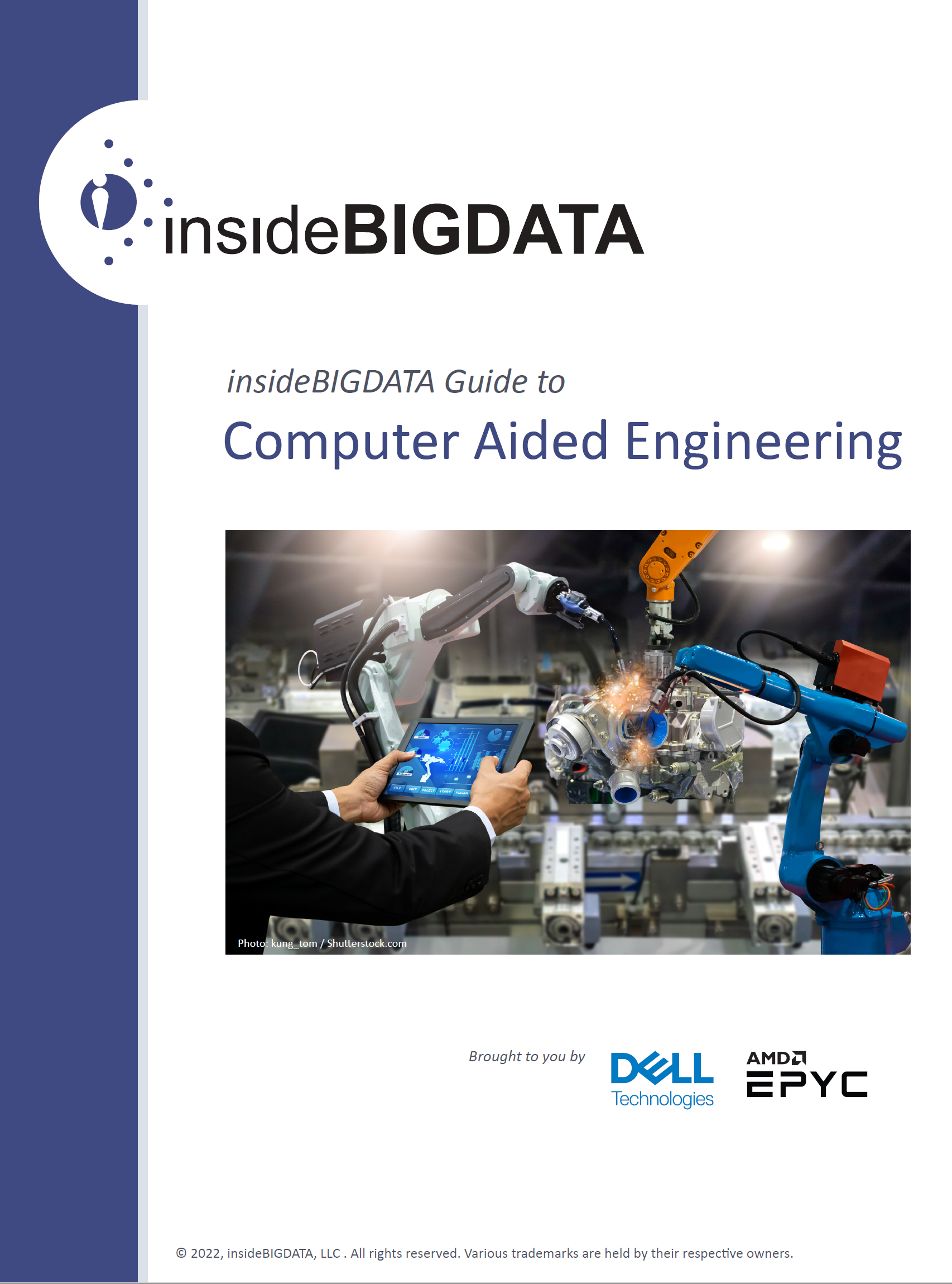Sponsored Post
The Manufacturing industry is in the middle of a transition to what’s being called the fourth
industrial revolution: Industry 4.0. Industry 4.0, or Industrial Internet of Things (IIoT), is enabled by smart or connected manufacturing and brings together physical production and operations with digital technologies, machine learning, and big data analytics. It creates a more connected and holistic ecosystem of machines, assets, and processes capable of autonomously exchanging information, identifying anomalies, and triggering actions.
The essential first step for manufacturers is to consider how much data the enterprise has at its disposal. Most manufacturers collect vast troves of process data but typically use it only for tracking purposes, not as a basis for improving operations. The challenge is for these players to invest in the systems and skillsets that will allow them to enhance their use of existing process statistics. This Guide, “insideAI News Guide to Computer Aided Engineering,” sponsored by Dell Technologies, will walk through some of the ways to expand the scope of analytics to further increase business value.
With the high rate of adoption of sensors and connected devices, there has been a massive increase in the data points generated in the digital Manufacturing industry. These data points can be of various types. In manufacturing, operations managers can use analytics to drill down into historical process data, discover previously unidentified knowledge among discrete process steps and inputs, and then optimize the factors that are shown to have the greatest effect on yield. Many manufacturers across a broad range of industries now have an abundance of real-time shop floor data and the capability to conduct sophisticated statistical learning assessments.
They are taking previously siloed data sets, aggregating and joining the data before analyzing them to reveal key insights. Even when considering manufacturing operations that are thought to be best in class, the use of analytics may reveal further opportunities to increase yield above industry benchmarks. In addition, companies can reduce their waste of raw materials, reduce energy costs and increase profitability by rigorously assessing production data, all without having to make additional capital investments or implementing major change initiatives.
Improved Product Design
The goal for any company in product development is to design and produce a competitive product, while operating profitably to grow their business in an ever-growing competitive market. However, many fall short of these goals due to faulty execution of design—whether it’s in quality, failure to meet customer requirements, or missed delivery deadlines.
Many companies turn to computer-aided engineering (CAE) to speed engineering and design. However, the large datasets generated by these systems often remain trapped within their respective systems, such as dispersed hardware and software silo stacks. When data is isolated only to functional teams or workflow processes don’t accommodate collaboration across different key stakeholder groups, shortened timelines become extremely difficult to meet.
Apache® Hadoop provides a centralized platform for these challenges. High tech manufacturers use Apache Hadoop to store long histories of sensor data that can help find subtle anomalies that indicate product flaws. This enables high speed and early warning analytics that compares real-time measurements with other contrasting data and then compare to quality models. This way, using Apache Hadoop and data analytics, companies can easily identify any product defects and other potential design or process flaws early on to improve product quality.
Over the next few weeks we will explore these topics:
- insideAI News Guide to Computer Aided Engineering; Improved Product Design
- How Dell Technologies Helps: Predictive Maintenance; Supply Chain and Production Operational Efficiency
- How Dell Technologies Helps: Generating Product and Process Insights, Conclusion
Download the complete insideAI News Guide to Computer Aided Engineering technology guide courtesy of Dell Technologies and AMD.




